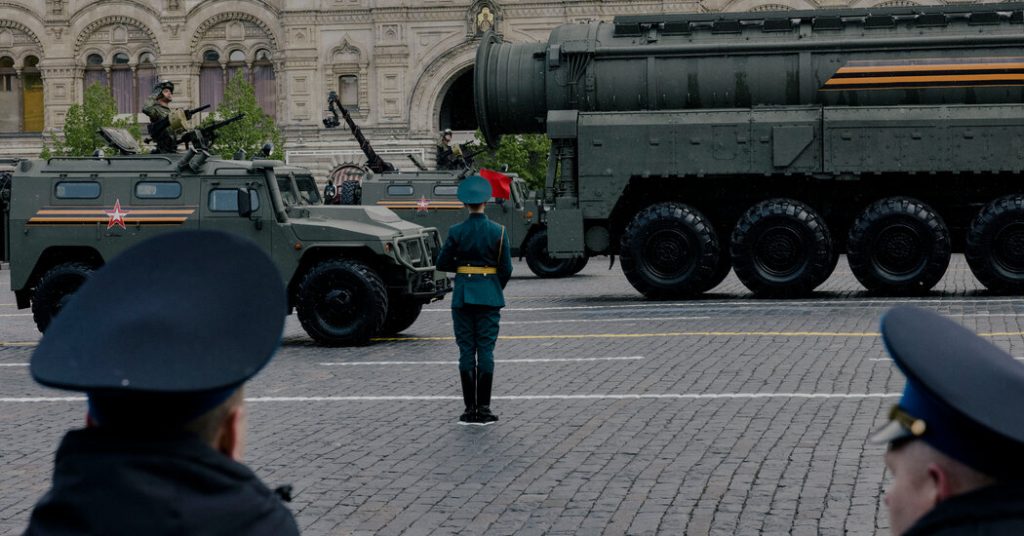The Biden administration has put forth new financial sanctions aimed at targeting the growing technological ties between China and Russia, which are believed to be supporting Russia’s military efforts in Ukraine. The sanctions, announced as President Biden headed to a G7 meeting, are designed to disrupt Russia’s military supply chain and isolate them from the global financial system. The expansion of secondary sanctions targets banks worldwide that engage with Russian financial institutions under sanctions, with the goal of discouraging smaller banks, especially in China, from providing financial assistance to Russia. Additionally, restrictions have been imposed on the Moscow stock exchange and Chinese companies accused of helping Russia access critical military equipment have been hit with sanctions.
The new measures also include sanctions on entities involved in Russia’s future energy, metals, and mining production capacity. The US aims to disrupt Russia’s use of the international financial system to fund its war efforts and increase the cost of aggression against Ukraine. While the Biden administration has not yet targeted Chinese or European banks believed to be helping Russia, measures have been taken to expand the reach of sanctions. Transactions related to Russian energy exports have not been restricted out of concern for potential inflation. Despite previous attempts by Biden to financially isolate Russia, including sanctions imposed in March 2022, the impact has not had the desired effect on the Russian economy due to China’s support.
China has emerged as a key player in bolstering the Russian war economy by purchasing oil and supplying key technology needed for military equipment manufacturing. This collaboration has led to the creation of a parallel economy involving Russia, China, Iran, and North Korea, with many of the entities subject to sanctions being located in technology hubs such as Shenzhen. The Biden administration is aiming to disrupt this deepening commercial relationship through increased sanctions on Chinese firms. By targeting Chinese companies, the US hopes to encourage European countries and Asian allies to take similar action. Discussions on this issue have taken place with European counterparts and are expected to be on the agenda for an upcoming NATO summit in Washington where Asian allies such as Japan, South Korea, New Zealand, and Australia will also be present.
Secretary of State Blinken has raised concerns about China’s role in accelerating Russia’s military production, highlighting the exports of critical inputs from China that have facilitated Russia’s arms manufacturing. He emphasized the need for China to choose between improving relations with European countries or continuing to support Russia’s defense industry. The administration’s efforts to deter Russian aggression through sanctions on Chinese companies are part of a broader strategy to counter China’s military buildup and influence across Europe and Asia. It remains to be seen if these sanctions will have a significant impact on China’s support for Russia or if further measures will be necessary to achieve the desired outcome.


